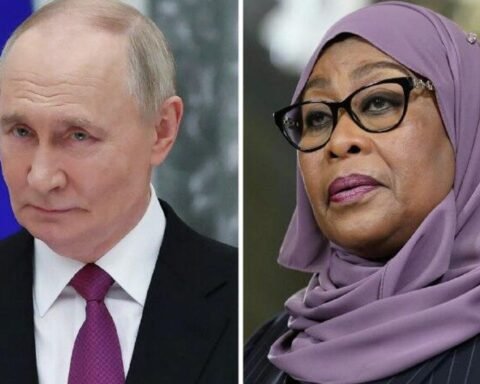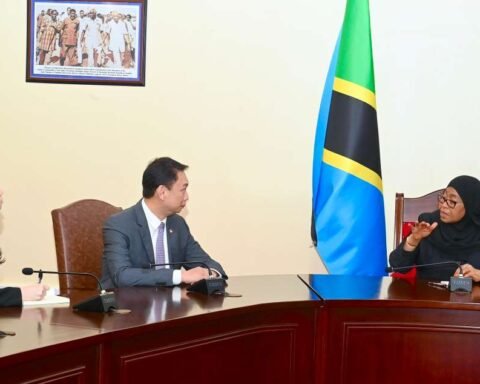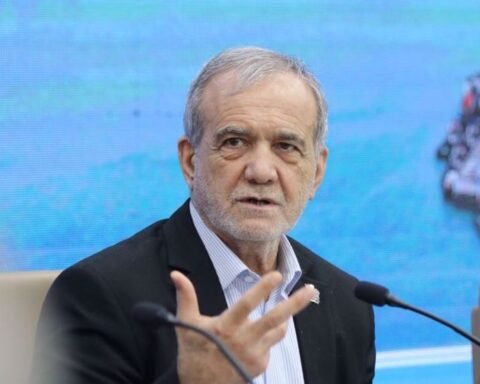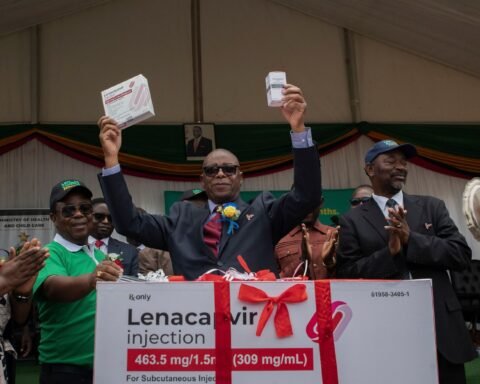Botswana’s President Duma Gideon Boko has announced a policy that bans the export of raw minerals from the country.
Going forward, all mined resources—including diamonds, copper, and other valuable ores—must be processed within Botswana before they can be exported abroad.
The announcement was made during a high-level industrial development conference in the capital city of Gaborone, and has already begun attracting international attention.
“There will be no more exporting of raw diamonds. All diamonds will be cut and polished right here. Copper will no longer leave in concentrate form—it must be refined in Botswana,” President Boko stated firmly.
This policy marks a bold effort to shift the nation from being a mere exporter of raw materials to a producer of finished products that bring in more revenue, create employment, and boost local industries.
Botswana’s new approach reflects a broader continental awakening. Countries across Africa are increasingly calling for resource sovereignty, demanding that natural resources benefit local citizens rather than foreign corporations.
Nations like Ghana, Mali, Niger, and Burkina Faso have introduced similar reforms—revoking mining licenses and forcing foreign companies to meet stricter local requirements. Botswana is now stepping into that same movement with renewed focus and structure.
According to a World Bank report, African countries lose billions of dollars each year by exporting raw materials instead of processed goods. These policies are meant to reverse that trend.
Botswana is the world’s second-largest producer of diamonds by value. For decades, the country has partnered with De Beers through its joint venture Debswana, exporting most of its stones in rough form for processing elsewhere—mainly in India.
This overreliance has made the economy vulnerable. In 2023, a global slump in the diamond market led to a sharp GDP contraction, widening Botswana’s budget deficit and reducing foreign reserves. Experts say that exporting raw minerals results in the country capturing less than 10% of the value chain.
Also Read; Over 2,900 Journalists Digitally Accredited Across Nation
“Value addition is not a luxury; it is a necessity for survival,” said one policy advisor in Gaborone.
The government is already preparing new legal frameworks to enforce this policy. Upcoming legislation will require that companies operating in Botswana build processing facilities or partner with local firms for cutting, polishing, smelting, and refining activities.
Investors will be given incentives such as tax relief, access to industrial parks, and training programs for the local workforce. The aim is to turn Botswana into a regional hub for mineral processing and finished product exports—not just raw material suppliers.
The Ministry of Minerals and Energy will oversee the roll-out, working closely with private stakeholders and international development partners.
Botswana’s position is likely to influence other nations—and even global markets. Experts say countries with similar mineral wealth may follow suit, increasing pressure on multinational corporations to adapt their investment models. At the same time, Botswana’s demand for local beneficiation may cause shifts in supply chains, labor costs, and trade patterns in the diamond and metals industries.
This isn’t just about economics; it’s also about identity. “We cannot continue to be the source of the world’s wealth while our people remain poor,” President Boko said. “It is time to build our own value, with our own hands.”







